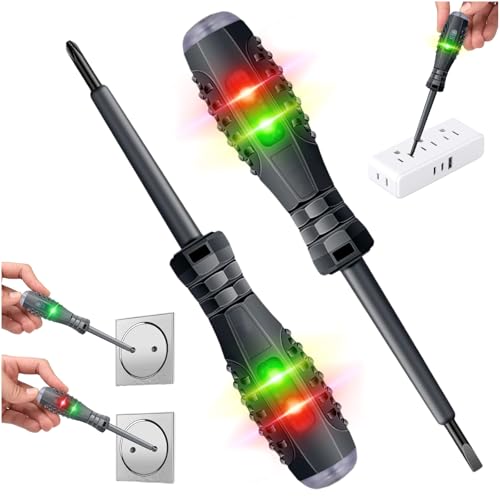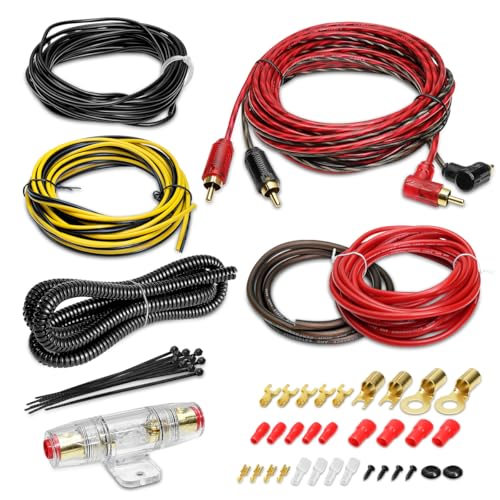Okay so I hope I'm in the right forum, I'm just after some general advice/help basically I'm currently an employed electrician and I've been thinking about going self employed.
I've been with my employer since 2006
Here are a list of my qualifications
2360 NVQ lv3
17th Edition
2394 initial verification
2395 periodic inspection and test
So to go self employed and become a registered sparky mainly on domestic work what do I have to do??
I'm aware I have to get public liability insurance etc
I'm confused with the Part-P side of things, do I need to do another course to gain a Part-P qualification?? How do I go about it?
And do I have to join a body such as ECA NICEIC??
Thanks for the help everyone
I've been with my employer since 2006
Here are a list of my qualifications
2360 NVQ lv3
17th Edition
2394 initial verification
2395 periodic inspection and test
So to go self employed and become a registered sparky mainly on domestic work what do I have to do??
I'm aware I have to get public liability insurance etc
I'm confused with the Part-P side of things, do I need to do another course to gain a Part-P qualification?? How do I go about it?
And do I have to join a body such as ECA NICEIC??
Thanks for the help everyone
































































